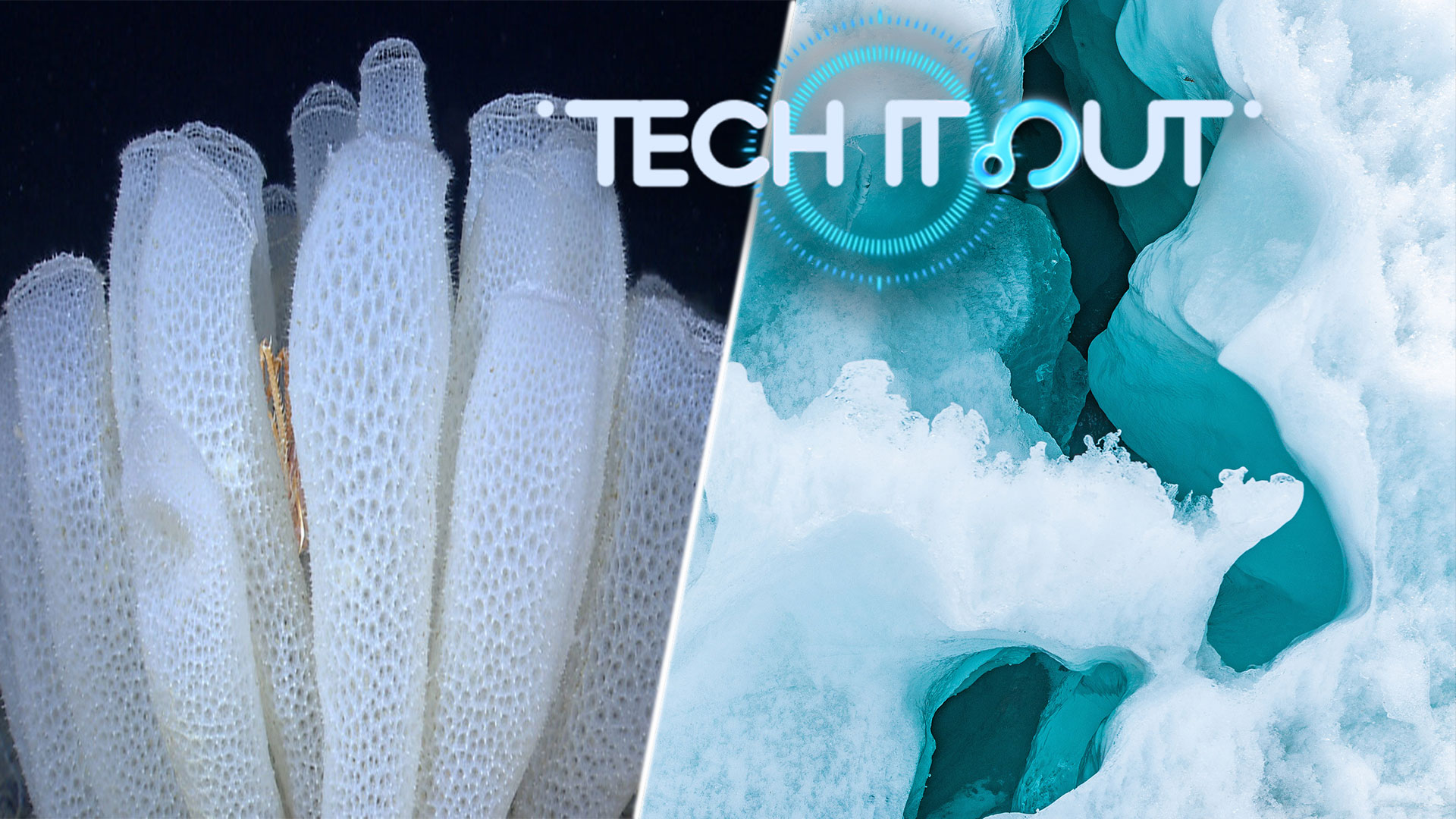02:40

In this week's "Science Saturday", we look at the latest science news, ranging from climate change to cell-revival technology.
Earth continental formation
New evidence shows giant asteroids created the seven continents. Scientists analyzed a mineral dug from ancient rocks in Western Australia. They studied the oxygen isotypes, which revealed a geological effect of asteroid impacts. Rocks melted near the surface and then progressed deeper. The discovery sheds fresh light on evolution, as the event happened more than three and a half billion years ago, before life on Earth began.
Ocean ecosystem mystery
Marine experts say sea sponges sneeze to clear their pores. It seems to be a self-cleaning technique that helps them release waste particles in their mucus through their so-called little mouths. Well, the sponge may not want it, but scientists witnessed nearby marine life feeding on the mucus. This may suggest that the mucus is an important food source in marine ecosystems. Researchers say the findings could help us better understand the evolution of sponges.
World's oldest ice core
Scientists discovered what may be the world's oldest ice core. They estimate that the ice is up to five million years old. It was found in the Ong Valley in the Trans-Antarctic Mountains, which separates eastern and western Antarctica. The discovery provides strong evidence that ice cores can be preserved for up to millions of years. More importantly, it sheds light on how the planet is responding to human-caused climate change.
Cell-revival technology
In a medical breakthrough, scientists at Yale university have revived dead pig organs. They did so an hour after the pig's death, using a new technology that delivers cell-protective fluid to organs and tissues. Additional studies are necessary to understand the restored functions. But scientists say the technology, OrganEx, could eventually help repair organ damage from heart attacks or strokes, and even extend the time that donor organs are suitable for transplant.

